God is the only being who, in order to reign, doesn't even need to exist
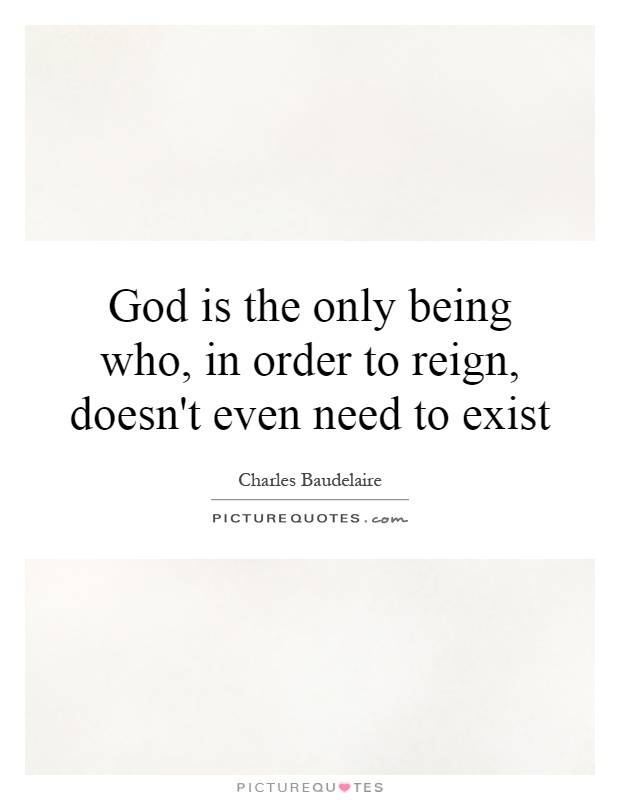
God is the only being who, in order to reign, doesn't even need to exist
Charles Baudelaire, the renowned French poet and essayist, was known for his provocative and often controversial views on religion, spirituality, and the nature of existence. In his work, Baudelaire frequently explored the complexities of human nature and the search for meaning in a seemingly chaotic world. One of his most famous quotes, "God is the only being who, in order to reign, doesn't even need to exist," encapsulates his deep skepticism towards organized religion and the concept of a higher power.Baudelaire's statement challenges traditional notions of God as an omnipotent and all-knowing deity. Instead, he suggests that the idea of God's existence is not necessary for his reign or authority over humanity. This concept reflects Baudelaire's belief in the power of human imagination and the ability of individuals to create their own realities. In Baudelaire's view, the idea of God serves as a symbol of authority and control, rather than a literal being that governs the universe.
Baudelaire's exploration of the relationship between God and existence is deeply rooted in his own personal struggles with faith and spirituality. As a poet who grappled with themes of sin, redemption, and the human condition, Baudelaire often questioned the role of religion in shaping moral values and guiding human behavior. His skepticism towards organized religion and the concept of a higher power reflects a broader cultural shift towards secularism and individualism in the 19th century.
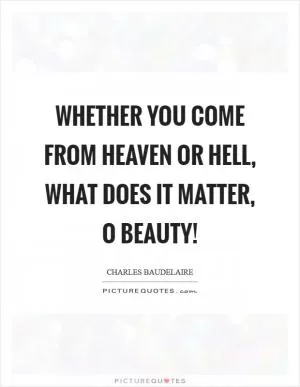
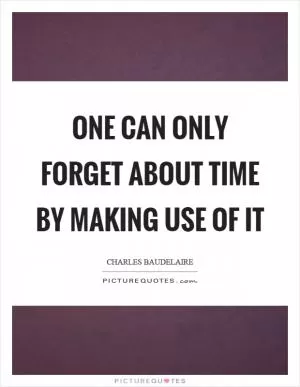

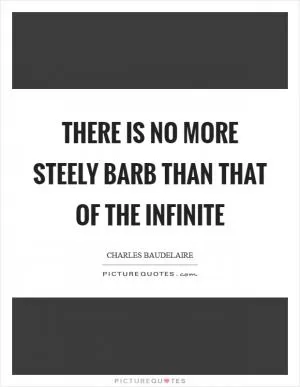

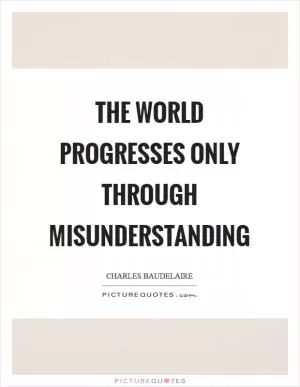

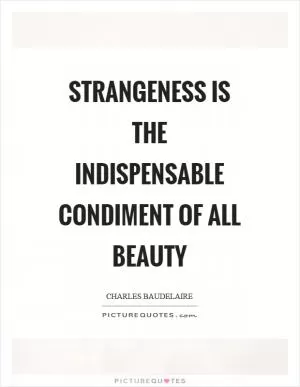

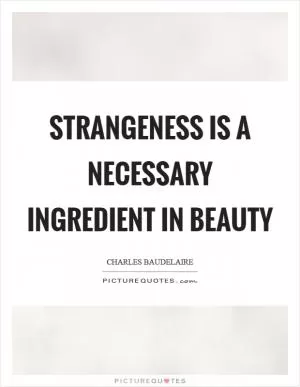
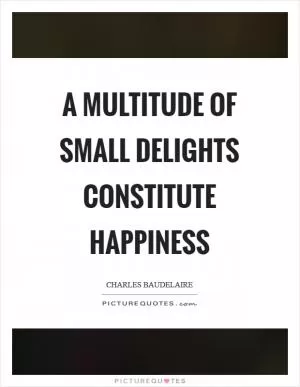
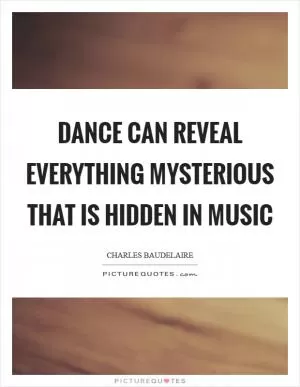
 Friendship Quotes
Friendship Quotes Love Quotes
Love Quotes Life Quotes
Life Quotes Funny Quotes
Funny Quotes Motivational Quotes
Motivational Quotes Inspirational Quotes
Inspirational Quotes